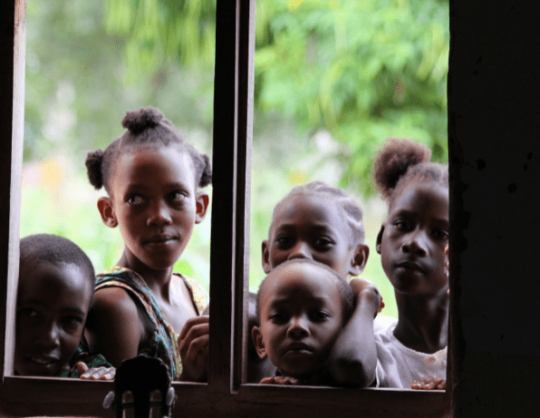
Over 600,000 Kenyan Children Not In School
According to United Nations Children’s Fund statistics, the figure in Kenya exceeds 600,000 learners (Unicef).
The figure is likely to be much higher due to the unprecedented Covid pandemic. These stark figures are not coincidental.
Poverty, early marriage, gender-based violence, and backward cultural norms such as prioritizing boys’ education continue to be barriers to girls’ education.
ActionAid International Kenya is working to change the narrative through the Education for Life (EFL) project, which aims to provide literacy and numeracy catch-up classes to girls aged 10 to 19.
The project, which began in September 2018 and is scheduled to last until March 2023, was designed to address educational issues affecting out-of-school girls and improve their life chances.
The program focuses on schoolgirls with disabilities in the counties of Garissa, Isiolo, Kilifi, Kisumu, and Migori.
Susan Otieno, Executive Director of ActionAid, stated that EFL has helped the girls practice autonomy and be more proactive in decision-making.
“Previously, we were dealing with girls who did not have options and were facing challenges of making choices even in situations that concerned them,” explained Otieno at the launch of the project’s evaluation report, Thursday.
Aside from basic education, the girls are taught life skills and information about their reproductive health.
“Despite their challenging backgrounds, they are now able to determine their lives’ outcomes thanks to their participation in the program,” she added.
ActionAid aims to change the lives of children through “transitional pathways” such as formal education, entrepreneurship, apprenticeship, and vocational training.
ALSO READ:
The project was a success, with an 85% transition rate, with apprenticeship (48%) and entrepreneurship (48%) being the most preferred pathways (25 percent ).
Fred Haga, Chair of the National Steering Committee, praised the program for its positive outcomes and expressed the government’s willingness to support future EFL projects.
He noted that EFL has done an outstanding job of promoting inclusive education and providing girls with a second chance adding that I t will undoubtedly leave a legacy once completed.
Haga said the government is ready to collaborate with non-governmental organizations that share its goals and objectives.
Over 600,000 Kenyan Children Not In School
